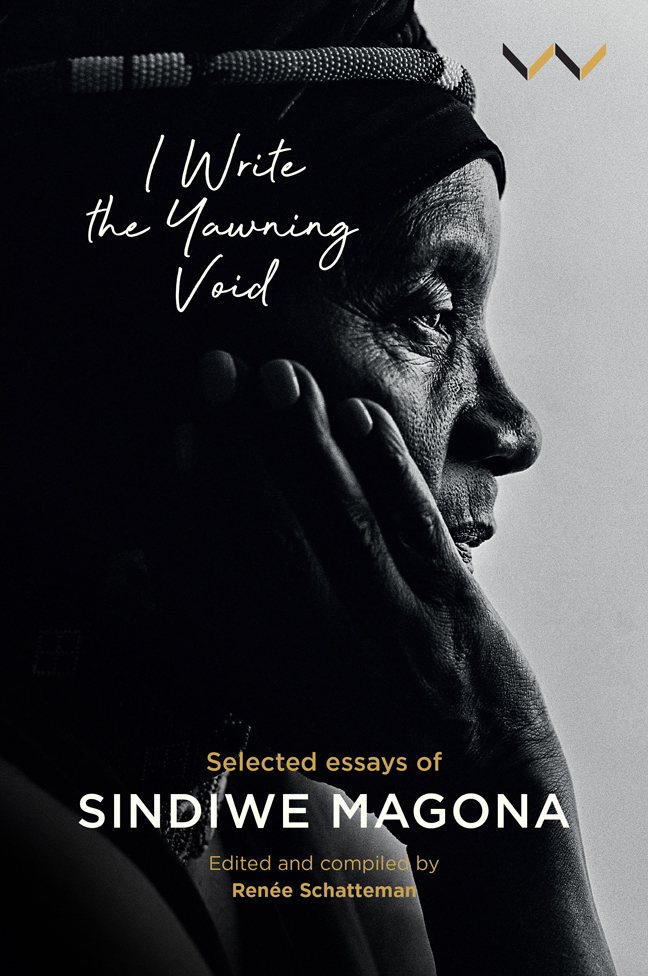Book contents
- Frontmatter
- Dedication
- Contents
- Acknowledgements and Permissions
- Foreword
- Introduction: Writing South Africa's Yawning Void
- Part I Coming into Writing
- Part II Writing about Pressing Issues
- Part III Writing about My Writing
- Conclusion: A Tribute to Those Who Came Before Me
- Notes
- Selected works
- Bibliography
- Index
4 - It is in the Blood: Trauma and Memory in the South African Novel
Published online by Cambridge University Press: 02 March 2024
- Frontmatter
- Dedication
- Contents
- Acknowledgements and Permissions
- Foreword
- Introduction: Writing South Africa's Yawning Void
- Part I Coming into Writing
- Part II Writing about Pressing Issues
- Part III Writing about My Writing
- Conclusion: A Tribute to Those Who Came Before Me
- Notes
- Selected works
- Bibliography
- Index
Summary
This essay, which was featured in the 2012 collection Trauma, Memory, and Narrative in the Contemporary South African Novel, strives to explain the preoccupation with trauma in the South African novel. Sindiwe Magona highlights the pervasive and extreme nature of the oppression enacted upon South Africans under apartheid and argues that the effects of the resultant traumas are still experienced in tangible and damaging ways.
TRAUMA MAY BE described as a morbid condition produced by wounds or external violence. Psychological trauma is not visible the way bodily trauma is – it is what we call emotional shock. The dictionary tells us it is ‘a violent emotional blow, especially one which has a lasting psychic effect; a neurological condition from physical or emotional injury’. Note that we’re not talking of just any kind of shock, but of an emotional shock that creates substantial and lasting damage to the psychological development of the individual (generally leading to neurosis). Moreover, such shock must be produced by violence. Also, it results in debilitation, and the traumatised person exhibits diminished functioning or functioning is wholly destroyed.
We see, then, that 1) there must be violence, and 2) that the violence must be such that it so traumatises the individual that the result is destruction of normal functioning to varying degrees – from mild, to severe, to total collapse.
If, then, this is the definition of trauma – a morbid condition produced by violence – little wonder that the South African novel is preoccupied with trauma. As my title indicates, trauma is in the blood for the people of South Africa; they can neither escape it nor ignore it. To do the latter would be well-nigh impossible except perhaps in those individuals who have escaped into madness; and the former is just not possible, as trauma itself, its residue, or its outcomes, form an integral, inescapable part of their very lives, of life itself – of all life in South Africa. Psychological trauma is one of the legacies of apartheid and has resulted in the social neurosis daily witnessed in the country – as evidenced by the screaming headlines: appalling violence and acts of unimaginable savagery.
- Type
- Chapter
- Information
- I Write the Yawning VoidSelected Essays of Sindiwe Magona, pp. 31 - 42Publisher: Wits University PressPrint publication year: 2023



